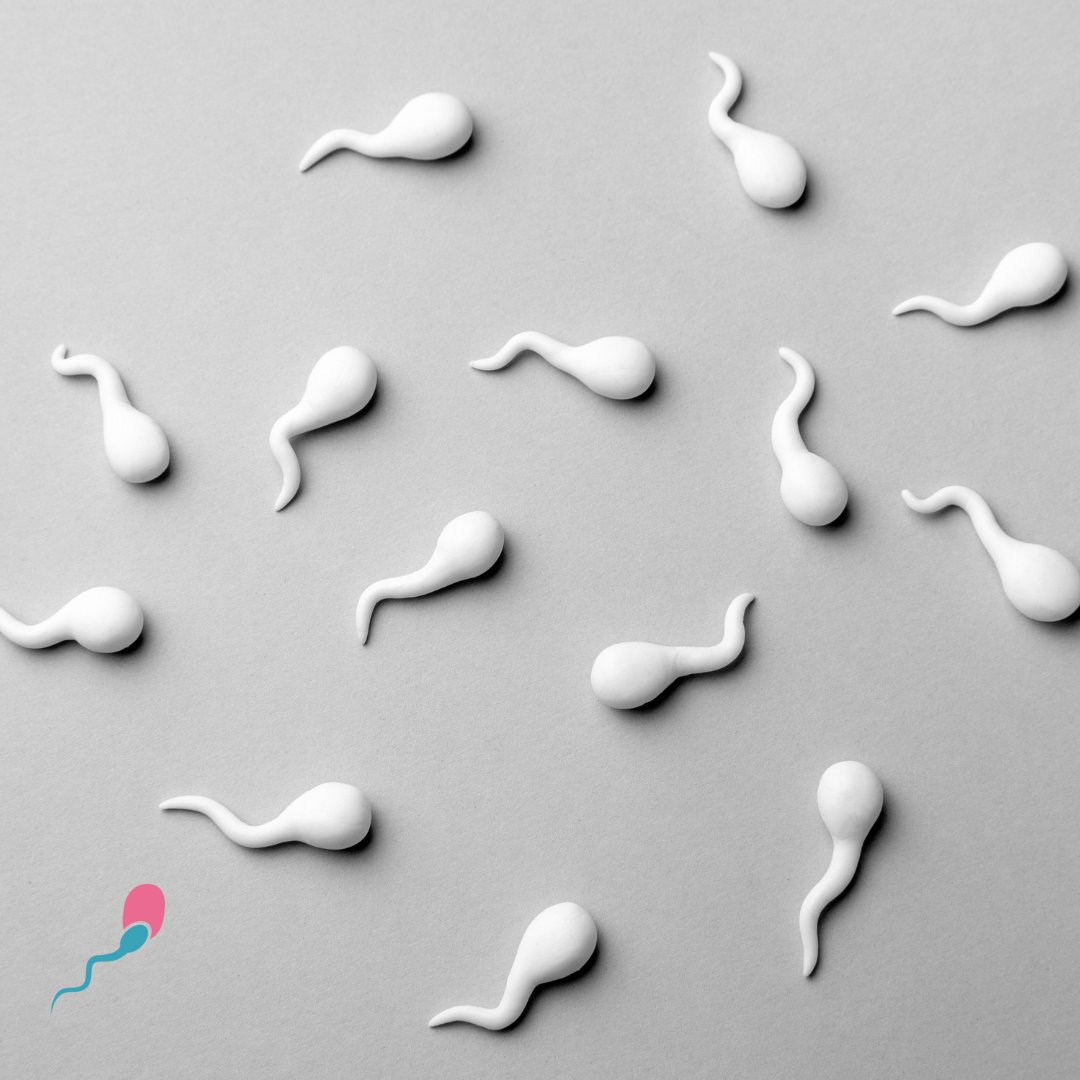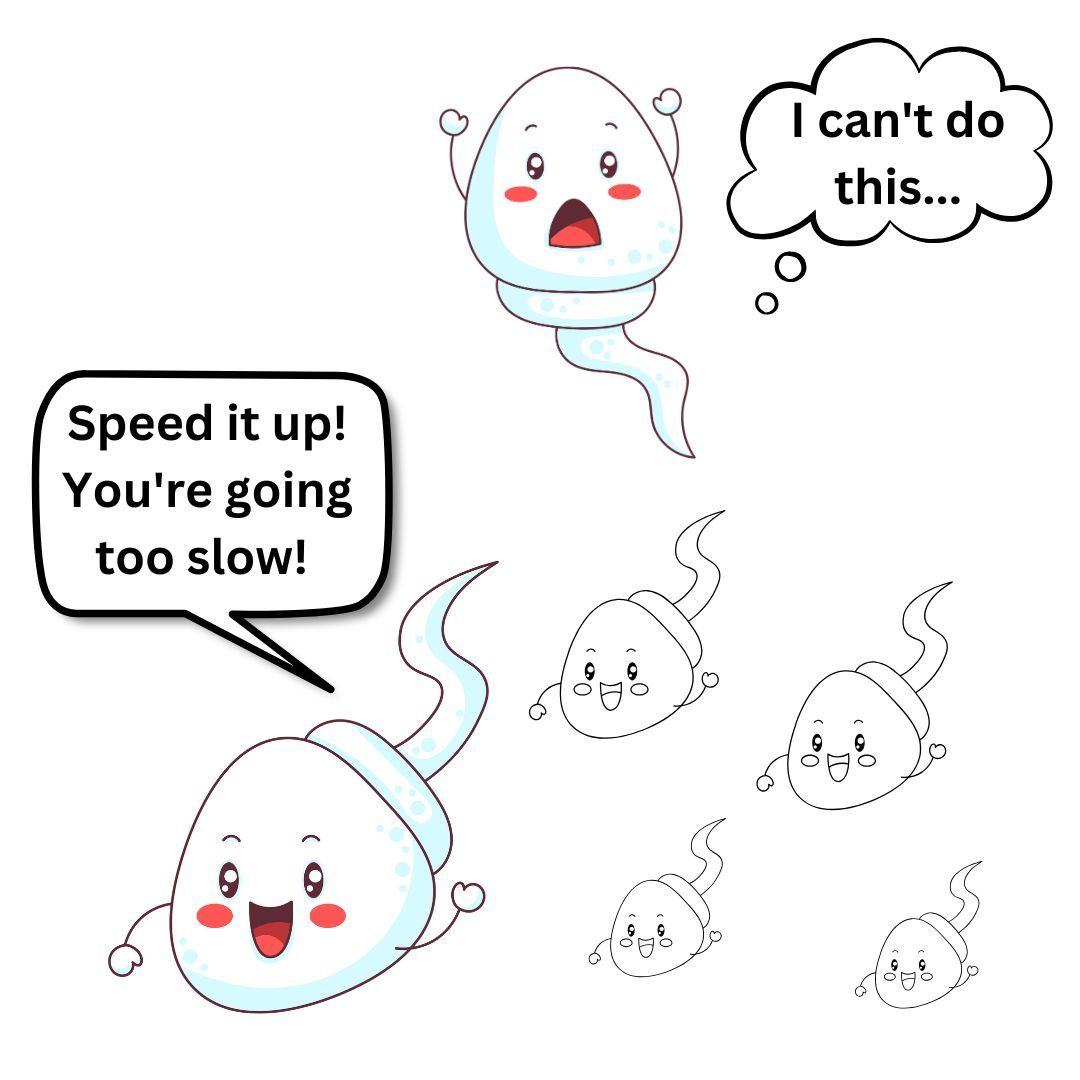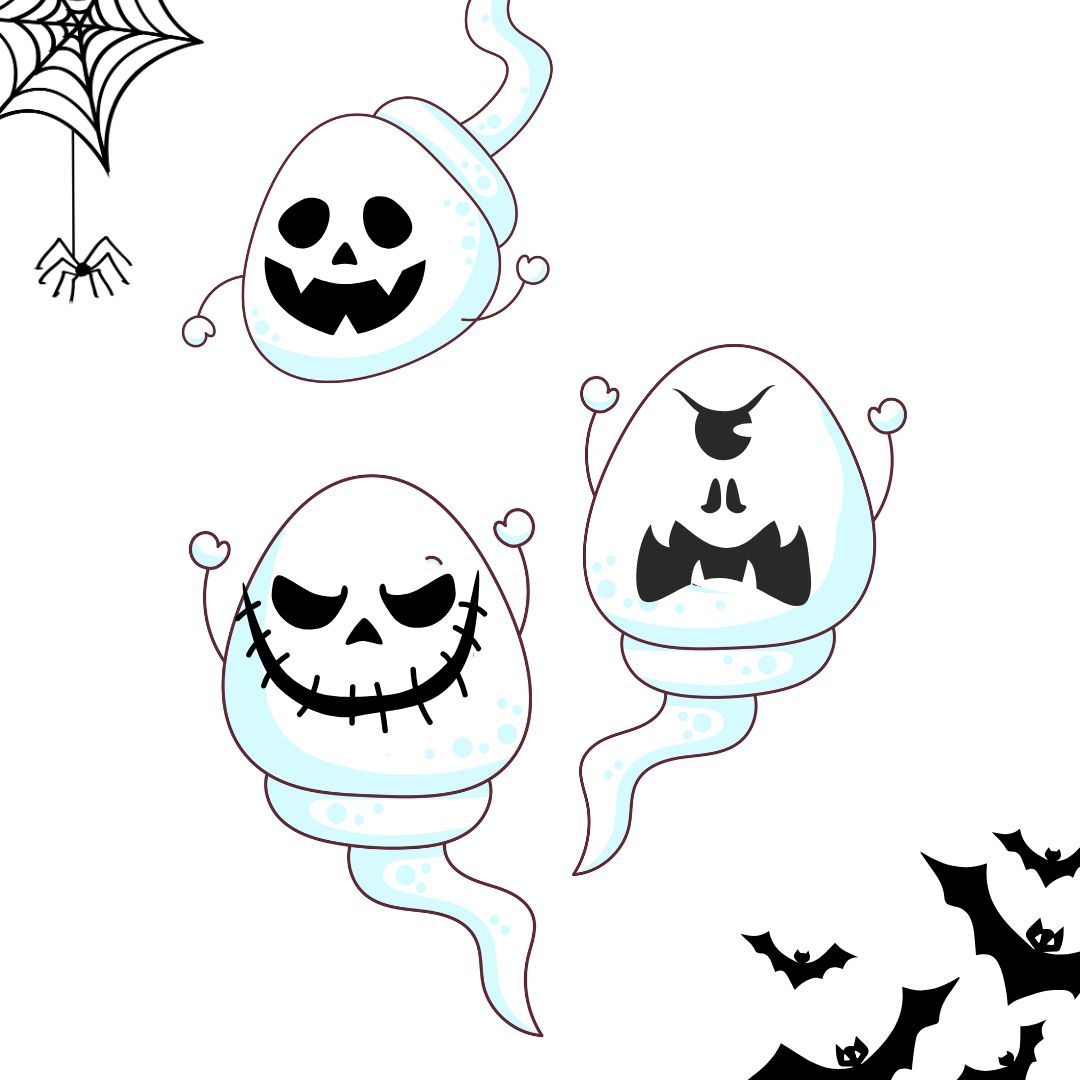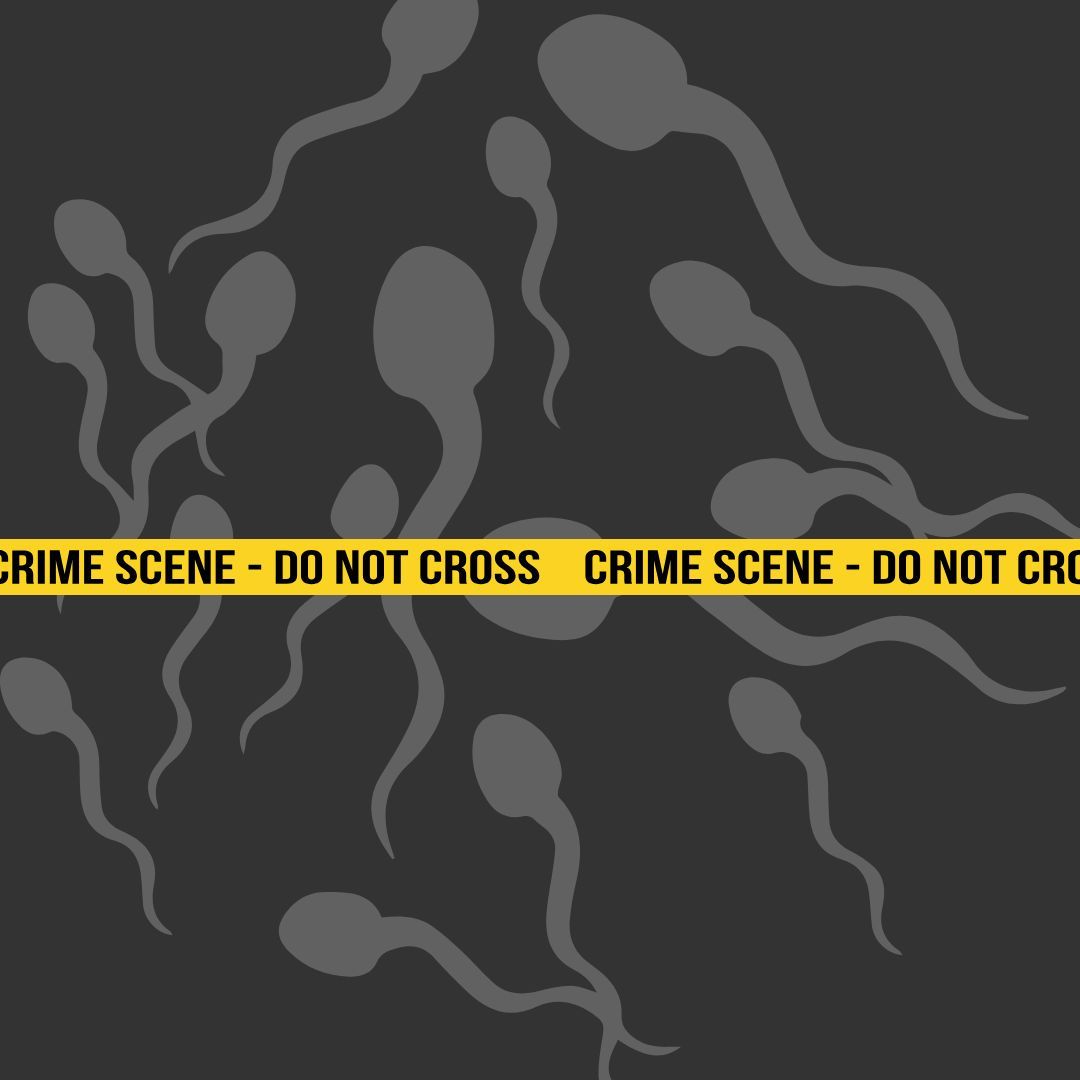SPERM ANALYSIS
Sperm Analysis: Cracking the Code
Sperm Analysis: Cracking the Code

You have the result of your spermogram in your hand and you are desperate because you cannot understand it? Yes, we've all been there 😃 The golden rule is: find a simple tool, grab the basic parameters and just compare and compare.
Let's have some fun! 😎

Normozoospermia
Everything is in perfect order. Most of the spermatozoa are motile and have the right shape and quantity. With such a result, we can relax.😎

Oligozoospermia
In this case, the sperm count is below the minimum acceptable level. In other words, the number is low. There are less than 15 million sperm in the ejaculate per millilitre OR the total number of sperm is less than 39 million.

Astenozoospermia
The right number and shape, but the speed is missing. Sperm is slow. If there's more than 68% of these non-moving sperm, there's a problem.

Teratozoospermia
Wrong shape (double-headed, double-tailed, etc.) Not for nothing does the word "teratos" come from the Latin word for "monster, monstrosity". Unfortunately, these sperm celebrate Halloween all year long. Not suitable for fertilization. If there are more than 96% of these sperm cells, then we can call it off.

Necrozoospermia
That looks like a battlefield. The soldiers fought bravely. But they were outnumbered. Pay tribute to those who lost.

Azoospermia
Embryologist: "Hellooooo, is anyone here?"
Echo: "Hellooooo is anyone here?"